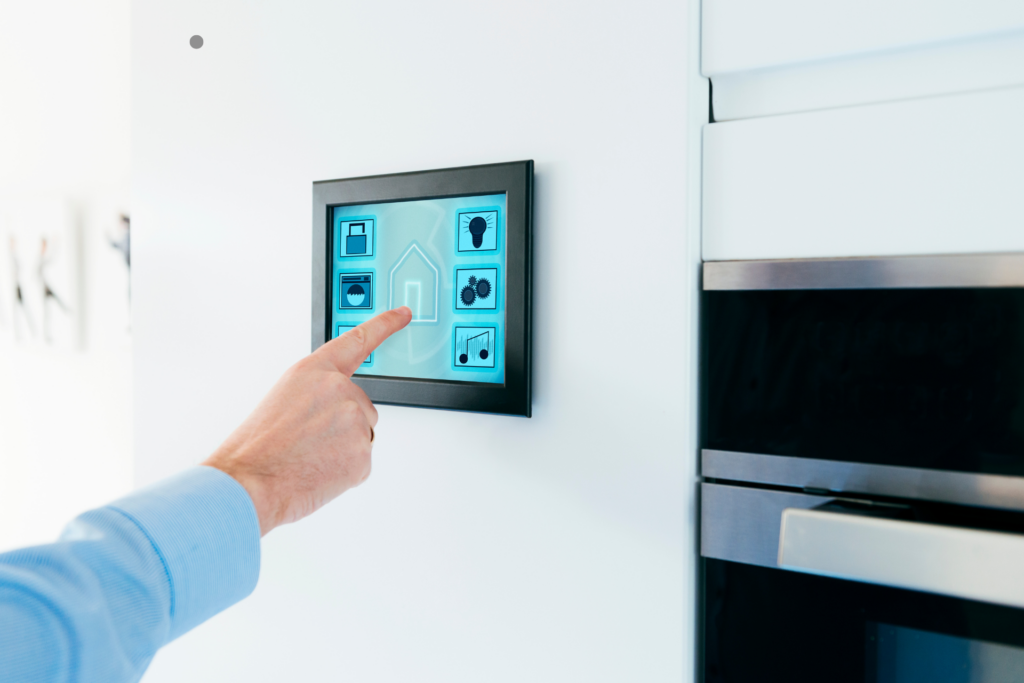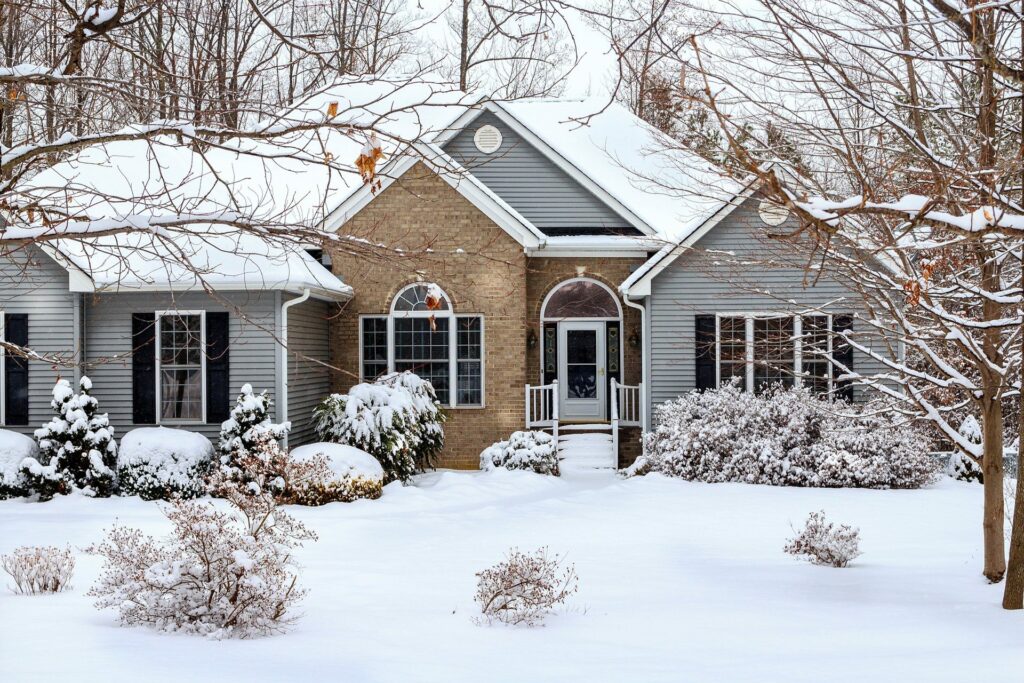Table of Contents
Are you looking for ways to modernize your home while being energy efficient? Welcome to the future of home living, where convenience, comfort, and efficiency are now part of the package! Investing in home automation with smart home devices is a revolutionary step towards transforming your house into a technologically advanced space. With rapid advancements in technology, the possibility of a smart home could be a reality for many homeowners.
What Is Home Automation?
Haven’t you always wanted to turn on your lights without leaving your bed? This is one of many examples of home automation. Home automation refers to integrating technology and smart devices into residential settings to control and manage various aspects of a home. These devices allow you to automate and remotely control lighting, heating, cooling, security systems, entertainment systems, and more.
Home automation comes with several benefits, from simplifying your daily routines and making your space more comfortable, to boosting energy efficiency, enhancing home security, and even increasing your home’s value over time.
How Do You Turn Your Home into a Smart Home?
Transforming your home into a smart home may not be as costly as you think. The cost of implementing home automation can vary depending on the scale and complexity of the desired setup. For those on a budget, starting with a few basic smart devices can make a significant difference. Smart bulbs and plugs, for example, can be good beginner choices, allowing you to control lighting and certain appliances remotely. Investing in a smart thermostat can also lead to substantial energy savings and temperature control efficiency. These initial investments can typically range from $100 to $300, depending on the brand and features.
As your budget allows, you can gradually look into more advanced devices such as smart security cameras, smart speakers, smart locks, and automated home hubs. Setting aside a budget of around $500 to $1000 can allow you to add several devices and create a more advanced smart home experience.
Smart Home Devices to Start With
When you start shopping for smart home devices, the amount available may overwhelm you. There’s no need to buy every kind of smart home device on the market, but here are the most common types homeowners will start with.
- Smart Speakers: Devices like Amazon Echo or Google Nest provide voice-controlled access to virtual assistants like Alexa or Google Assistant, enabling you to play music, control smart home devices, and obtain information with voice commands.
- Smart Thermostats: These devices learn your heating and cooling preferences, adapt to your schedule, and can be controlled remotely through smartphone apps, leading to energy efficiency and cost savings.
- Smart Lighting: Smart bulbs and switches allow you to control the brightness, color, and scheduling of your lights, creating personalized ambiance and energy-efficient lighting solutions.
- Smart Security Cameras: These cameras offer real-time monitoring and alerts, giving you peace of mind about your home’s security while away.
- Smart Locks: Replace traditional locks with keyless entry systems, allowing you to lock and unlock your doors remotely, track access, and grant temporary access to guests.
- Smart Plugs: These allow you to convert regular devices into smart devices, controlling their power on/off and scheduling through smartphone apps.
It’s important to research different brands, read reviews, and prioritize the devices that align with your ideal lifestyle.
Can a Smart Home Be Hacked?
While smart home technology brings numerous benefits and let’s admit, is pretty cool to have, you shouldn’t ignore potential security concerns. Like any connected device, smart home devices can be vulnerable to hacking if not adequately secured. Most smart home hacks have occurred due to weak passwords, outdated firmware, or unsecured Wi-Fi networks.
Taking proactive steps can significantly reduce the risk of hacking. Always use strong, unique passwords for each smart device and update their firmware regularly to patch security vulnerabilities. Securing your home Wi-Fi network with a strong password and enabling network encryption can add an extra layer of protection. The possibility of being hacked makes it more important to purchase reputable and well-reviewed smart devices with a history of prioritizing security.
Is a Smart Home Worth Your Money and Time?
Whether a smart home is worth the investment will depend on your preferences and needs. For tech-savvy individuals seeking greater convenience, energy savings, and enhanced security, a smart home can be a worthwhile investment. The initial expenses may be costly at first, but the potential savings on energy bills, increased home value, and improved quality of life can make it a sensible long-term investment.
Looking to build a home office in your living space? Combine your knowledge about smart home technology with our best home office ideas to give your working space a modernized, efficient upgrade.



